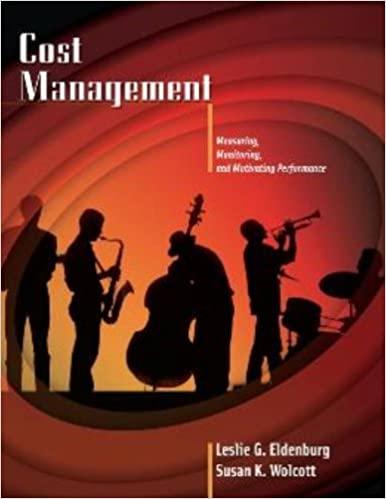Answered step by step
Verified Expert Solution
Question
1 Approved Answer
The following apply to evaluating results of audit sampling for tests of details of balances. For each one, select the best response. a . While
The following apply to evaluating results of audit sampling
for tests of details of balances. For each one, select the best response.
a While performing a substantive test of details during an audit, the auditor
determined that the sample results supported the conclusion that the recorded
account balance was materially misstated. It was, in fact, not materially misstated.
This situation illustrates the risk of
assessing control risk too high.
assessing control risk too low.
incorrect rejection.
incorrect acceptance.
b In an MUS sample with a sampling interval of $ an auditor discovered that a
selected accounts receivable with a recorded amount of $ had an audit value
of $ If this is the only error discovered by the auditor, the projected error of
the sample would be
$ $
$ $
c The accounting department reports the accounts receivable balance as $
You are willing to accept that balance if it is within $ of the actual balance.
Using a variables sampling plan, you compute a confidence interval of $
to $ You would therefore
find it impossible to determine the acceptability of the balance.
accept the balance but with a lower level of confidence.
take a larger sample before rejecting the sample and requiring adjustments.
accept the $ balance because the confidence interval is within the
materiality limits
Step by Step Solution
There are 3 Steps involved in it
Step: 1

Get Instant Access to Expert-Tailored Solutions
See step-by-step solutions with expert insights and AI powered tools for academic success
Step: 2

Step: 3

Ace Your Homework with AI
Get the answers you need in no time with our AI-driven, step-by-step assistance
Get Started


